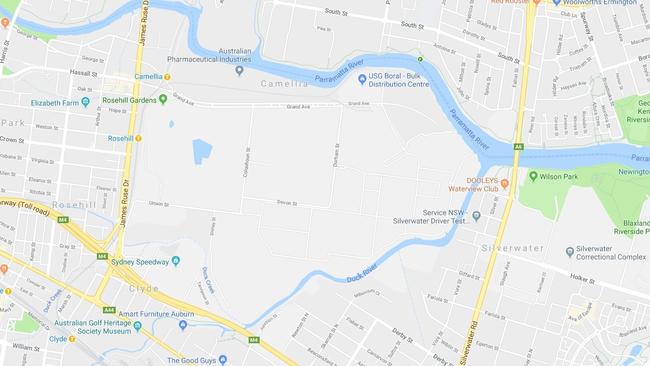Heavy rain and summer heat increase mosquito numbers along Parramatta and Duck rivers
The rain and heat have lead to higher than average mosquito numbers along the Parramatta and Duck rivers and a health warning for those on the banks.

Parramatta
Don't miss out on the headlines from Parramatta . Followed categories will be added to My News.
- Renewed pleas to save Parramatta’s Royal Oak Hotel from demolition
- Opal Tower site built on a “toxic time bomb”
Heavy rainfall and the summer heat have lead to higher than average mosquito numbers along Parramatta and Duck rivers. The higher numbers of saltmarsh mosquitoes known as Aedes vigilax have lead experts from the Western Sydney Health district to put out a warning to residents and holiday-goers close to the river’s banks.
Dr Cameron Webb, medical entomologist for NSW Health Pathology said the numbers of mosquitoes can present a greater risk to public health.
“Mosquito populations fluctuate from place to place during the summer, typically resulting from rain or tidal flooding of local wetlands,” Dr Webb said.
“Often, mosquito collections that are much higher than normally expected may indicate greater pest and public health risks for local residents.

“In recent weeks, some monitoring sites along the Parramatta River, especially in Silverwater, have collected many thousands of mosquitoes where other sites have had hundreds. Rainfall and tides in December triggered hatches of mosquitoes found in mangroves and these are expected to be buzzing about until mid-January.”

This particular kind of saltmarsh mosquito are potential carriers for the Ross River and Barmah Forest virus.
Western Sydney Local Health District public health unit director Dr Shopna Bag said that precautions should remain in place throughout January, despite no virus cases presenting to hospital.

“While there have been no locally-acquired cases of Ross River virus and Barmah Forest virus, people should still take precautions.
“Mosquito-related illnesses do not occur immediately and people are unlikely to present through a hospital emergency department unless a serious infection or allergic reaction has occurred,” Dr Bag said.
Ross River virus and Barmah Forest virus are spread by mosquitoes that have fed on infected animals.
People who are infected could experience symptoms such as tiredness, rash, fever, sore and swollen joints.
“The best way to avoid infections occurring is to avoid being bitten,” Dr Bag said.


